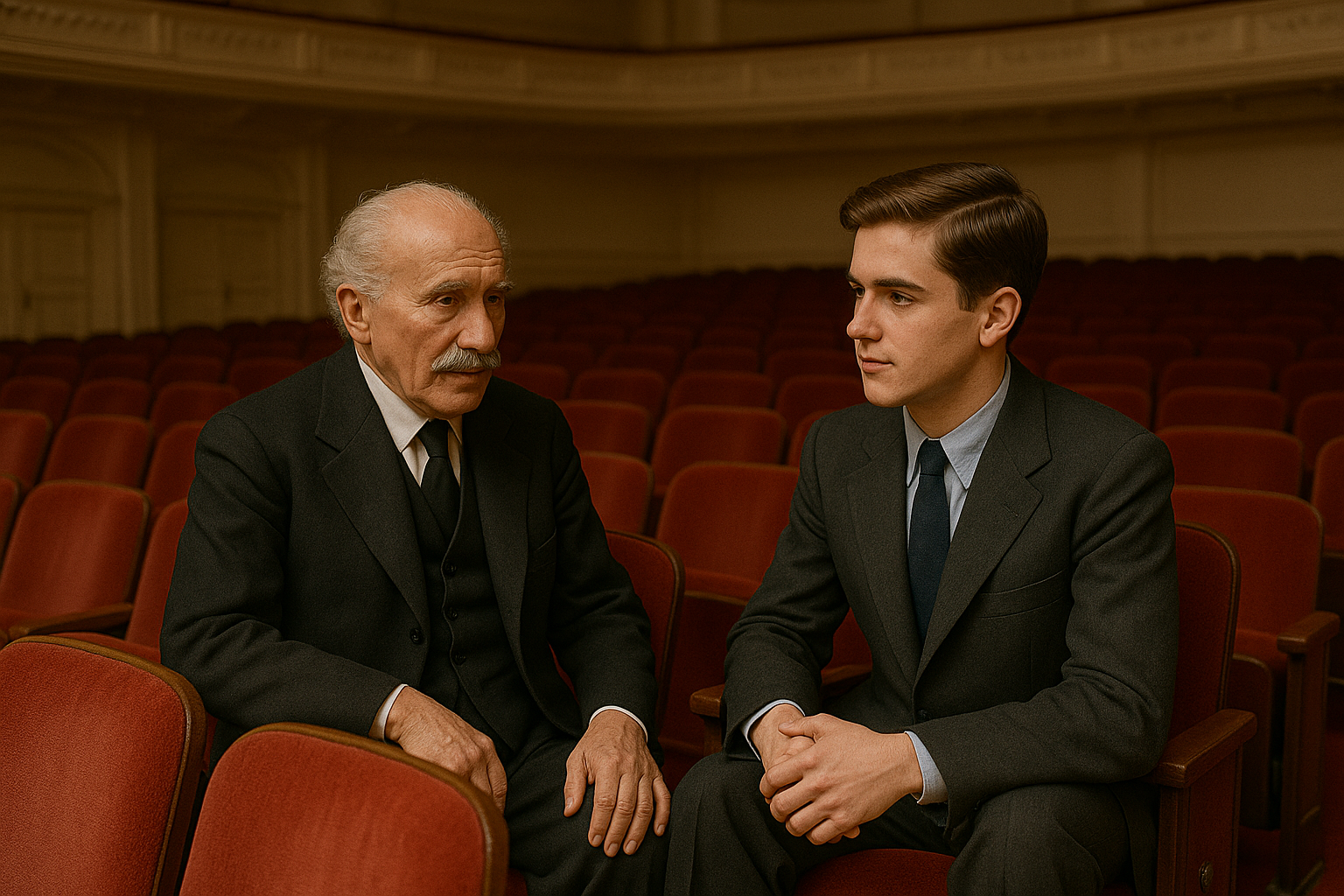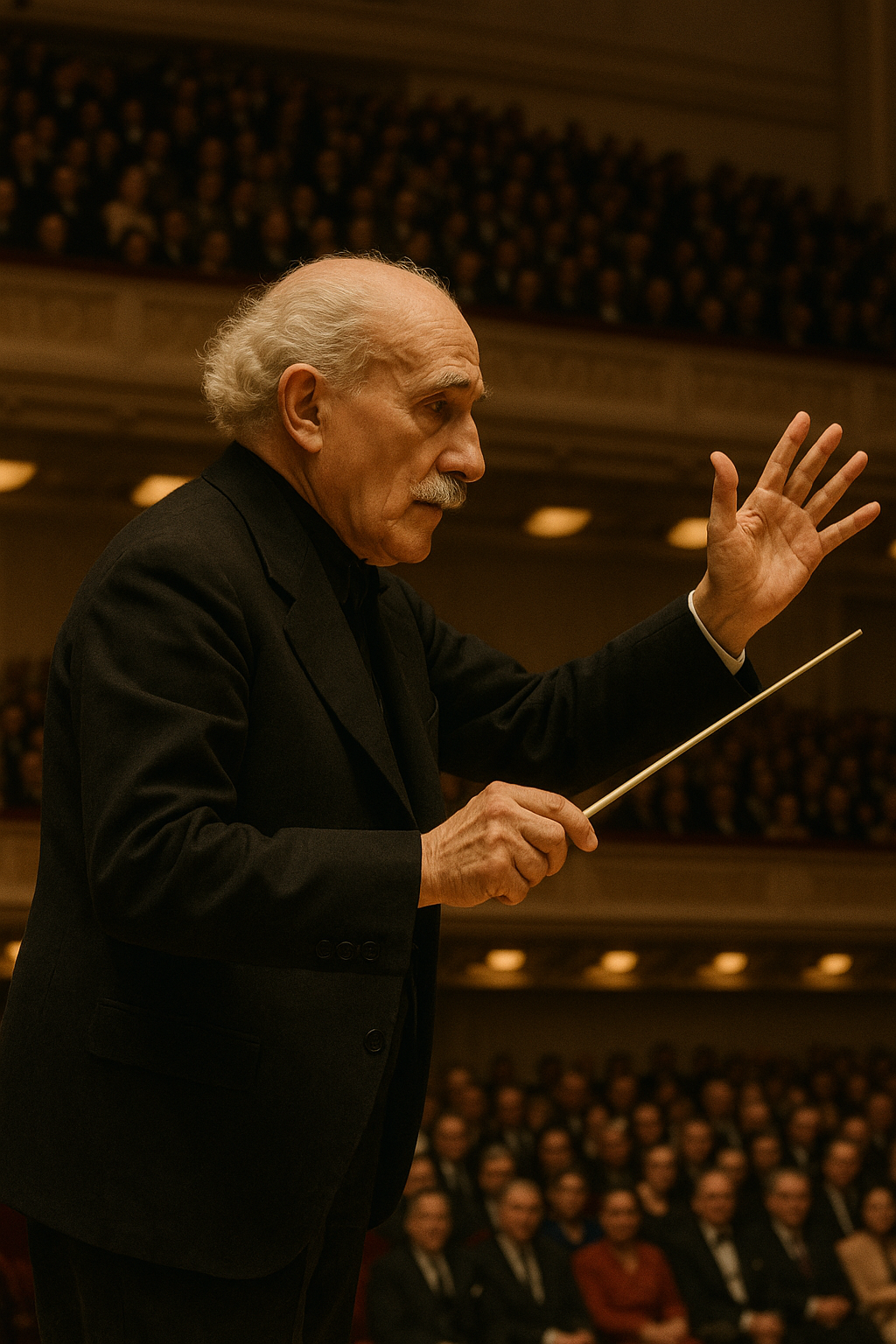
Welcome to AccoladiFineArtsDirector.com
We're Glad You're Here!
AccoladiFineArtsDirector.com is built for district fine arts leaders who oversee and shape the success of performing arts programs. Here, you'll find resources and tools to help you support your teachers, guide your students, and connect with collegiate recruiters who are eager to discover emerging talent.
While fine arts directors are at the center of this site, we also serve performing arts students and their families, collegiate and summer enrichment recruiters, and teachers. To ensure each group has the right fit, we've created dedicated websites:
- Accoladi.com — for performing arts students and their families
- AccoladiRecruiter.com — for collegiate and enrichment recruiters
- AccoladiTeacher.com — for performing arts teachers
Fine Arts Directors: this is your home base. Please continue your registration for your district/school here on AccoladiFineArtsDirector.com.
Everyone else: begin your journey at the site designed for your role.



